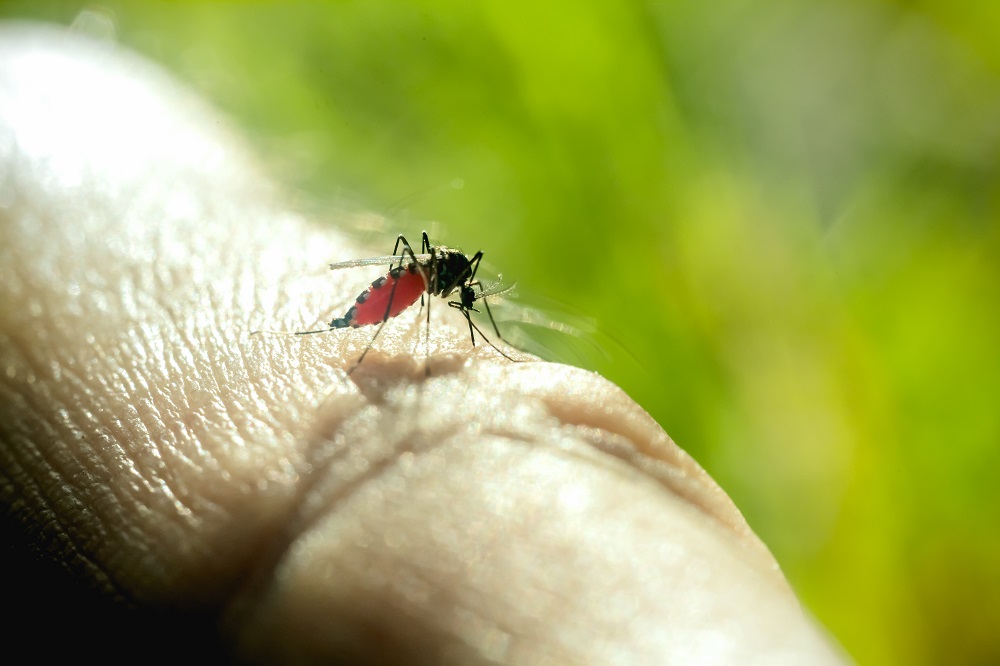Lifestyle
Why You Might Be A Mosquito Magnet


Not only are some smells attractive to mosquitoes, but some mosquito-transmitted illnesses also alter the smells humans emit and this is why the mosquitoes respond to the illness or the infection.
It is a puzzling evolutionary trait and a potential new way to stop the spread of diseases carried by insects. It’s not altogether new to think that contracting a vector-borne disease makes us more appealing to that particular vector. Malaria is a good example of how this phenomenon has been established.
Aside from malaria, mosquitoes also spread other illnesses. Tens of millions of infections are caused by flaviviruses like dengue and Zika viruses. And nobody has yet demonstrated that they can alter our affinity to mosquitoes—like malaria—by any means.
But now, scientists working under the direction of Gong Cheng in China have firmly established that these viruses do more than just infect astrocytes, trophoblasts, and monocytes. Additionally, they make us more seductive to mosquitoes. Gong and associates demonstrate how it operates virtually precisely. The experiment system is quite sophisticated.
The experiment looked like this: put a large number of mosquitoes in a chamber. Place a mouse that has been infected with a flavivirus, such as Zika, on one side. A healthy mouse on the other side. The researchers demonstrated that instead of the 50-50 split of mosquitos, 70% of the mosquitoes went to the Zika-infected mouse.
Of course, the virus has numerous effects, one of which is fever. The researchers gave mice an injection of a powerful lipopolysaccharide to show that mosquitoes weren’t merely drawn to greater body temperatures. It doesn’t appear to bother mosquitoes.
Mosquitoes are believed to be attracted to carbon dioxide, but it turns out that as mice become ill from the Zika virus infection, they don’t produce any less carbon dioxide than healthy mice, proving that this isn’t the case. Could sick mice emit a distinct smell?
To test this, the researchers placed an object that would block all of these odor molecules between the mice and the mosquitoes. The mosquitoes were no longer more attracted to infected mice than to healthy mice. It was becoming clear that smell was the determining factor.
Each volatile substance from infected and uninfected mice was identified by researchers, who eventually discovered 11 compounds when the infection had a substantial favorable modification.
What makes mosquitoes crazy? Out of the 11 chemical compounds, one stood out among the rest: acetophenone. Acetophenone is a fragrant ketone with an almond-like scent. It is also used by perfumers to produce cherry and honeysuckle tones, though you definitely shouldn’t use these perfumes, especially in nations where dengue is common.
For instance, they demonstrated that acetophenone levels were considerably greater in dengue-infected people compared to the ones who aren’t. Additionally, they demonstrated that the smell of dengue-infected humans attracted mosquitoes more than other humans. Swabs from the armpits of healthy, dengue-infected people were used in this research.
Overall, this work is incredibly impressive and emphasizes the intricate interaction between viruses and their primary and secondary hosts. It serves as a powerful illustration of evolution in action.
We won’t soon be able to avoid using repellent, despite our understanding of how our smell alters the attraction that mosquitoes have for us. But that’s the query about deeper comprehension. It might be simple to identify the locations of the major innovations while looking back in time. However, it’s not always clear how much new knowledge will alter the world.
































